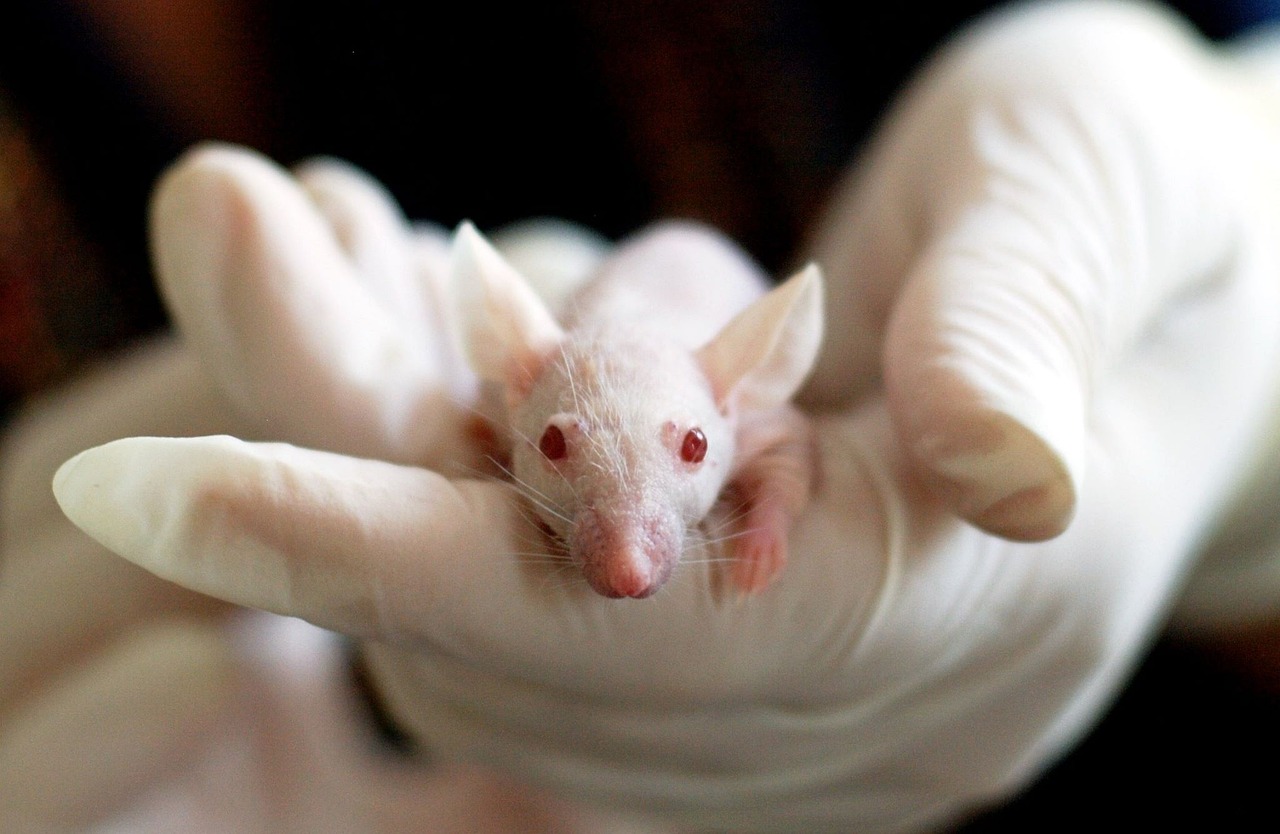
UWr researchers help to stop the aging process
Can the aging process be stopped or even reversed? A research team led by prof. Dariusz Rakus from the Department of Physiology and Molecular Neurobiology at UWr’s Faculty of Biological Sciences shows that there is a chance.
In an article published in the latest issue of Aging Cell, scientists present research showing that a two-week reduction in the rate of glycogen breakdown in the body of old, two-year-old mice not only improves behavioural parameters (‘restores memory’), but that this effect is evident at the morphological level (neurons regain their youthful appearance) and at the molecular level: the proteome of the hippocampus – a brain structure crucial for memory formation – becomes similar to that of young mice.
At the same time, the inhibition of glycogen breakdown does not seem to have a negative effect on the physical performance of the mice, although they are unlikely to be able to break mouse records in sports competitions – the rapid breakdown of glycogen in the muscles is necessary for intensive exercise. It is also likely that such mice will be less able to tolerate periods of prolonged starvation, in which case the breakdown of glycogen in the liver is the source of glucose supplied to the bloodstream at times of caloric deficit. But who is currently suffering from a calorie deficit?
The research was carried out in collaboration with: Nencki Institute of Experimental Biology of the Polish Academy of Sciences (PAN) in Warsaw, Max-Planck Institute of Biochemistry in Martinsried, Wrocław University of Science and Technology, Wrocław University of Life Sciences, Wrocław University of Medical Sciences and the Hirszfeld Institute of Immunology and Experimental Therapy of the Polish Academy of Sciences in Wrocław, and funding for the research was provided by the National Science Centre (grant UMO-2020/37/B/NZ4/00808).



